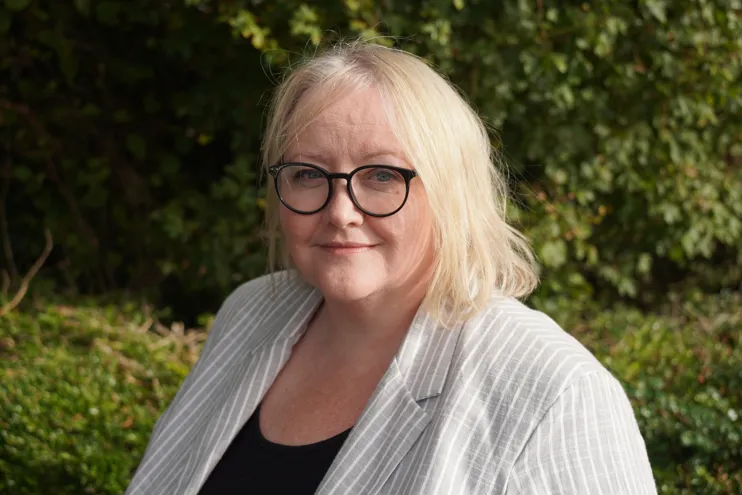Grow, give and govern with neurodiversity
In conversation with Beverley Gibbs

Beverley Gibbs PhD CEng FIET has spent nearly four decades building a career across engineering, research, and education. Today, as Director of the Dyson Institute of Engineering and Technology and an active IET volunteer, she’s using her experience to shape a more inclusive future for neurodivergent students and engineers.
Her journey through industry, academia, and volunteering has been far from linear, and that’s exactly the point.
“I realised that my own career journey came about because of ADHD, not despite it. I bring a lot of energy to projects, I'm willing to take risks; am resilient; and can connect ideas really intensively. It was liberating to perceive myself in this way, and I’m more comfortable with my journey now.”
Gibbs’ first step into formal volunteering began far from engineering, as a Brownie leader. Since then, she’s brought that same hands-on, community-driven approach into the profession.
As an IET volunteer, she now serves as an Academic Assessor, contributing to the accreditation of higher education programmes. She’s also been instrumental in major inclusion projects, including Engineering Neurodiverse Futures, led by the IET’s benevolent fund, Foothold. The project provides diagnosis funding and support for neurodivergent engineering students, addressing a critical barrier many face in both education and career pathways.
Most recently, she has taken a lead role in developing a neuro-inclusion maturity framework through the All In For Engineering project, which brings together academics, professional staff and students to improve how universities support neurodivergent learners.
Gibbs’ work gives her a close-up view of evolving trends in engineering education, especially at smaller, specialist institutions like the Dyson Institute. Many of these organisations report significantly higher proportions of neurodivergent students—often 40-50%.
This raises important questions. “Are neurodivergent students drawn to smaller-scale, active learning environments?” Beverley asks. “Or is it because they are engineering-specialist, and the prevalence of neurodiversity is higher in engineering than other university subjects?”
She is also a passionate mentor to early-career engineers. Her advice? “It's important to not only take opportunities, but to recognise them when they're presented, and be ready to make your own opportunities by staying alert to the environment you're working in and coming up with solutions to the organisation's challenges. Understanding a company from multiple perspectives can be very powerful both in developing solutions, and that breadth can also build your network.”
Her own continued learning includes keeping up with new developments, like smart textiles, and connecting with others through her volunteer work. “On accreditation panels, you come together for a short and intensive period of time, get to know people very quickly, and can learn so much in a couple of five-minute chats about what they're working and what's happening at their university or company.”
As someone who thrives on change and growth, Gibbs is not done yet. “I have a fair amount of board experience now, and I’m interested in governance, so I might have a run at an elected central role in the next year or two.”
Her story is a powerful reminder that embracing neurodiversity is about awareness, and action. Through her volunteering and leadership, she’s helping to reshape engineering education so that all students, however they think and communicate, can reach their full potential.
